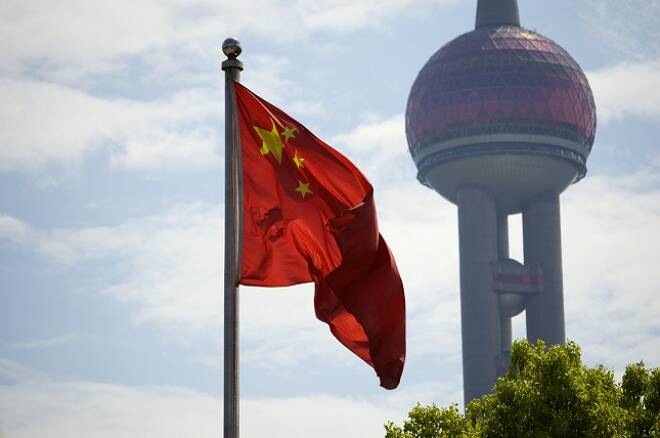Advertisement
Advertisement
China Identifies Metaverse Risks and Scams
Updated: Feb 18, 2022, 16:39 GMT+00:00
Authorities in China have issued a warning about the risks and scams that could be perpetrated by Metaverse-related projects.
The Chinese Banking and Insurance Regulatory Commission has issued a subtle warning to the public on the risks of frauds and scams associated with the burgeoning Metaverse space.
China Warns Against Metaverse Scams
The warning details how the niche has become a new home for bad actors to perpetrate illicit activities to illegally raise money, duping unsuspecting individuals of their hard-earned money.
While highlighting the various methods that scammers use in the metaverse business, the official warning mentioned projects promising high high-tech integration, such as artificial intelligence and virtual reality support, saying they only come to lure investors into robbing them.
The warning identified that metaverse scams could also come in the form of play-to-earn projects, which often promise participants huge returns on their investment.
It stated that once such a project reaches a specific target, they abandon the project and run with people’s investments.
It further added that metaverse scams could also take the form of hype. In this situation, scammers will regularly talk about the metaverse project to give it false popularity and importance and force people to invest. An example of this case is the level of hype surrounding metaverse real-estate.
A translated version of the Office of Inter-Ministerial Joint Conference on Disposal of Illegal Fund Raising statement urged the public to be wary of such projects and report any suspicious activity to necessary authorities:
The fraudulent activities under the banner of “Metaverse,” which is more attractive and deceptive, and participants are prone to property damage. The public is requested to enhance their awareness of risk prevention and identification capabilities, and beware of being deceived.
China Anti-crypto Crusade
This is not the first time the Chinese government will be warning against the metaverse. Sometime in December, the country’s state media issued a warning on virtual property sales, arguing they are risky in terms of volatility, fraud, illegal fundraising, and money laundering.
Notably, we recently reported that the Chinese authorities arrested eight people involved in a crypto scam and seized digital assets, houses, cars, and other expensive items gotten through the scam.
China in 2021 greatly cracked down on the entire cryptocurrency industry. The country banned crypto mining activities and later declared crypto trading illegal with the threat of sanctioning defaulters.
About the Author
Oluwapelumi Adejumoauthor
Oluwapelumi is a firm believer in the transformative power power Bitcoin and Blockchain industry holds. He is interested in sharing knowledge and ideas about how the industry could play a pivotal role in the emerging financial system. When he is not writing, he is looking to meet new people and trying out new things.
Advertisement
